Plant-Powered Strength: Unveiling Top Vegan Protein Sources for a Healthy Lifestyle
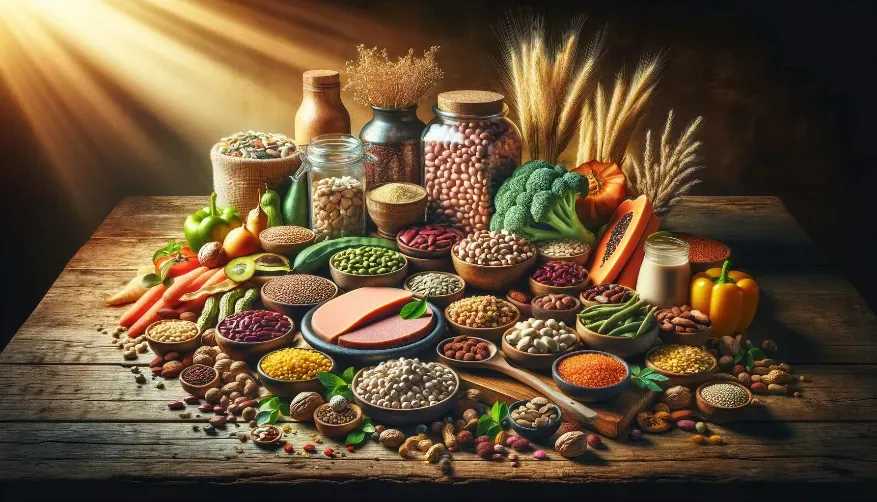
When it comes to maintaining a well-rounded diet, protein is a cornerstone. It’s the building block of life, crucial for everything from muscular repair to enzyme production. For those who embrace a plant-based lifestyle, finding ample sources of protein is essential, and it goes beyond just meeting basic nutritional needs. There are myriad benefits tied to vegan proteins that stretch from personal health gains to global environmental relief.
What Are Vegan Proteins?
Vegan proteins are sourced entirely from plants. Contrary to common misconceptions, a variety of vegetables, grains, legumes, nuts, and seeds are abundant in protein. These foods not only match some of their animal-based counterparts in protein content but often exceed them in fiber and other essential nutrients. For example, lentils pack 18 grams of protein per cup and double as a source of fiber and minerals, aiding in gut health and managing blood sugar levels.
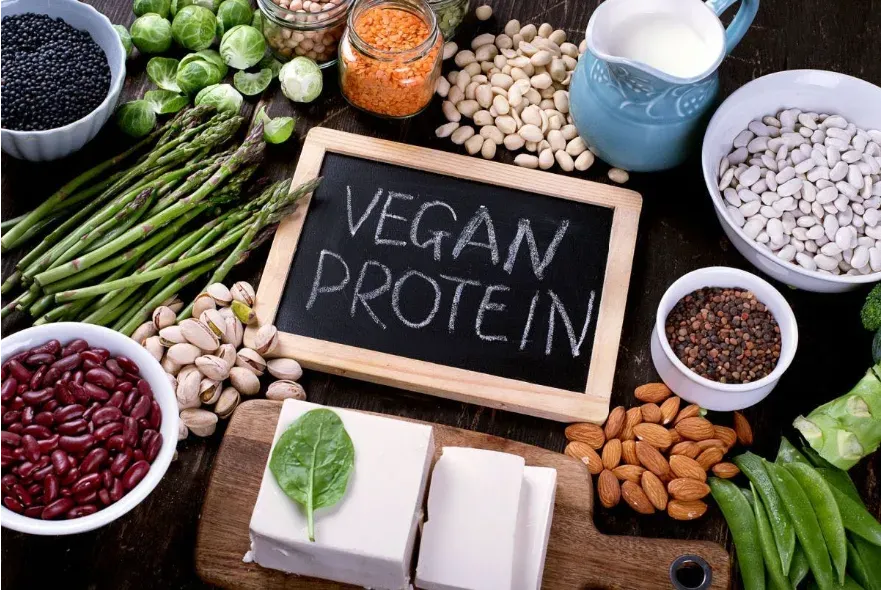
Understanding that proteins are composed of amino acids, it's worth noting that several plant-based options provide all nine essential amino acids. Quinoa and soy products are prime examples, often referred to as complete proteins. They rival traditional protein sources by delivering the full spectrum essential for human health. Quinoa, specifically, offers around 8 grams of protein per cup and is flexible enough to be included in a myriad of dishes.
Why Choose Vegan Proteins?
There's a growing body of evidence suggesting that plant-based proteins are not just a viable option but also a beneficial choice. For one, incorporating these proteins can aid in muscle strength and weight management. Take seitan, a wheat-based protein, which boasts about 25 grams of protein per 100 grams – making it an excellent choice for those looking to maintain or build muscle mass.
Moreover, choosing plant-based proteins contributes positively to environmental sustainability. Animal agriculture is a significant contributor to greenhouse gas emissions, while plant cultivation tends to have a lower carbon footprint. Spirulina, a type of blue-green algae, not only provides 8 grams of complete protein per 14 grams but also thrives with minimal environmental impact.
Comprehensive List of Vegan Protein Sources
A diverse assortment of vegan proteins ensures that plant-based eaters can enjoy a variety of flavors and health benefits. Among the staples, various beans stand out, including black, pinto, and chickpeas, each containing about 15 grams of protein per cup. These can be the foundation of numerous meals, contributing to a heart-healthy diet.
Edamame, young soybeans, is another powerhouse, offering 12-20 grams of protein per 100 grams along with ample iron, calcium, and fiber. Including these and other plant proteins in your diet supports the idea that with thoughtfulness and creativity, one can obtain all necessary nutrients from a vegan diet.
Legumes and Beans
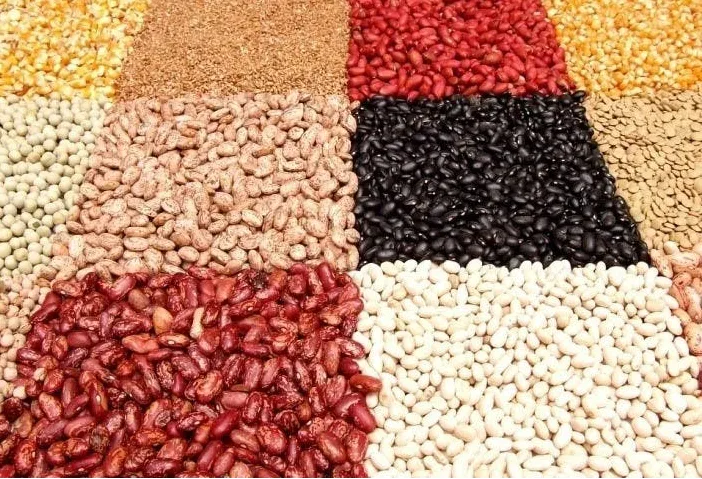
Legumes and beans are a cornerstone of plant-based protein options. They are often celebrated for their high protein and fiber content, with lentils standing out for their impressive profile. Besides the 18 grams of protein per cup, lentils also play a pivotal role in heart health and are a natural regulator for blood sugar levels.
These protein-dense foods are not just nutritious; they're versatile. From soups and stews to salads and spreads, legumes and beans adapt to a wide variety of dishes. They are essential to a balanced diet, and their varied textures and flavors prevent palate fatigue.
Nuts and Seeds
When discussing portable and convenient protein sources, nuts and seeds are hard to beat. Almonds and chia seeds, for example, provide around 5-7 grams of protein per ounce, and they’re also brimming with healthy fats and fiber. Hemp seeds stand out, offering 9 grams of protein per three tablespoons, along with a healthy balance of omega-3 and omega-6 fatty acids.
Incorporating nuts and seeds into meals is straightforward – sprinkle them over salads, blend into smoothies, or bake into your favorite snacks. Their rich nutrient profile and ease of use make them an essential component of the plant-based pantry.
Whole Grains
Whole grains are often overshadowed in the protein conversation, yet they are formidable sources in their own right. Amaranth and quinoa, ancient grains revered for centuries, provide 8-9 grams of protein per cup and are considered complete proteins. They add substance to salads, act as bases for savory bowls, or can be a side dish to accompany a main course.
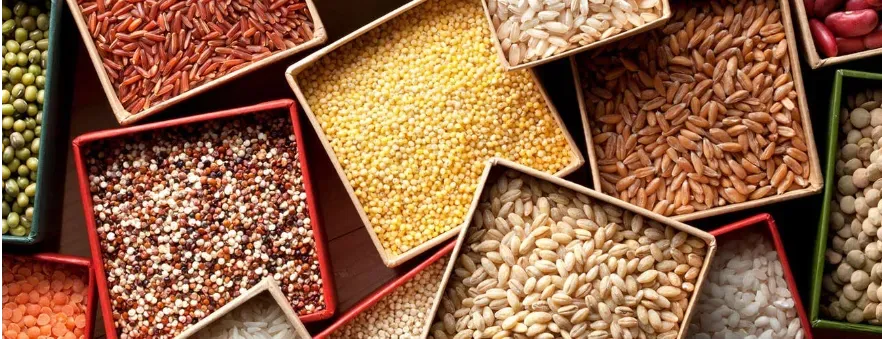
As a versatile staple in vegan kitchens, whole grains like quinoa serve as a testament to the variety available in plant-based eating. Their inclusion in daily meals ensures a sustained release of energy and ample protein intake.
Plant-Based Meat Alternatives
For those who favor the taste and texture of meat, the innovation in plant-based meat alternatives is a delight. Products like tofu and tempeh vary in protein content from 10 to 20 grams per 100 grams and can be marinated, grilled, or sautéed to mimic traditional meat dishes. Mycoprotein products, such as Quorn, offer similar protein levels to meat and provide options for a variety of culinary preferences.
These alternatives bridge the gap for newcomers to vegan eating and offer long-time plant-based eaters diverse ways to maintain protein intake. They are a testament to the innovative future of vegan proteins.
How to Incorporate More Protein into Your Vegan Diet
Incorporating more plant-based proteins into your diet doesn't have to be an arduous task. It's about recognizing the abundance of options and integrating them into meals in flavorful and satisfying ways. A shift as simple as adding a handful of nuts to your morning oatmeal or tossing some beans into a salad can significantly boost protein intake.
Creating a meal plan can be instrumental in ensuring you get enough protein throughout the day. With a bit of foresight, you can prepare protein-rich snacks and meals that align with your nutritional goals without compromising taste or variety.
Cooking with Vegan Proteins
Cooking with plant-based proteins can be both an art and a science. Take nutritional yeast, for instance – with 8 grams of protein per 30 grams, it's not only a protein booster but also a flavor enhancer, imparting a cheesy taste to dishes without any dairy. The versatility of vegan proteins means they can be the stars of the dish or play a supporting role in creating complex, layered flavors.
When you start viewing your kitchen as a lab of culinary experiments, the possibilities with vegan proteins are endless. From crafting your own bean burgers to perfecting a lentil curry, the process of preparing high-protein vegan meals can be as delightful as it is nourishing.
Vegan Protein Smoothies and Shakes
Protein-rich drinks like smoothies and shakes are a convenient and tasty way to increase your daily protein intake. A green pea protein boost, for example, adds 9 grams of protein per cooked cup to your drink – more than many dairy options. When blended with fruits, leafy greens, or nut butters, the result is a nutrient-packed beverage that supports a dynamic lifestyle.
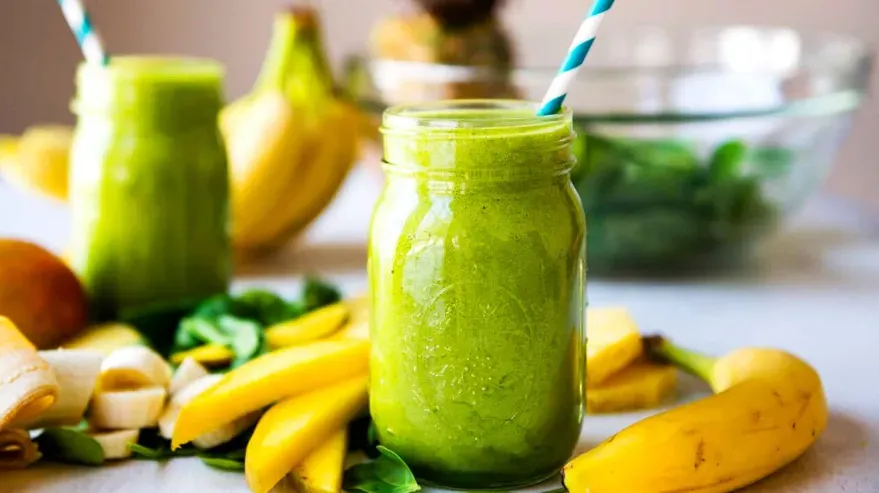
These drinks are not just about nutrition; they're about enjoyment and convenience. As meal replacements or snacks, they ensure that even on your busiest days, you’re fueling your body with essential protein.
Addressing Common Myths About Vegan Protein
There's a persistent myth that plant-based proteins are inferior because many are incomplete proteins. However, the concept of combining different plant foods to achieve a complete amino acid profile is well-established. Moreover, the body's amino acid pool means that eating a variety of proteins throughout the day naturally ensures all needs are met.
Understanding these nuances dispels the myths and highlights how a vegan diet, when well planned, supports not just adequate but optimal protein intake. This insight empowers individuals to make informed choices about their diet and health.
The Future of Vegan Proteins
The landscape of vegan proteins is expansive, with innovations and trends that continue to reshape the plant-based eating experience. The food industry is responding to the demand for high-quality, plant-based protein sources with new products and improved methods of incorporating traditional staples.
As the world leans more towards sustainability, vegan proteins stand at the forefront of this shift. Their potential to provide for the growing population in an eco-friendly manner is being realized more every day, marking the beginning of an era where plant-based eating is not just a trend but a long-term solution.
Environmental Impact of Vegan Protein
Plant-based proteins are not just about personal health; they're also key players in the larger environmental context. Greenhouse gas emissions from plant farming are typically lower compared to animal agriculture. By opting for plant-based proteins like spirulina or legumes, individuals contribute to a smaller ecological footprint.
This sustainability aspect is increasingly becoming a primary driver for many choosing vegan proteins. As we face pressing environmental issues, the link between diet and ecological impact is clearer than ever, solidifying the role of vegan proteins in a greener future.
